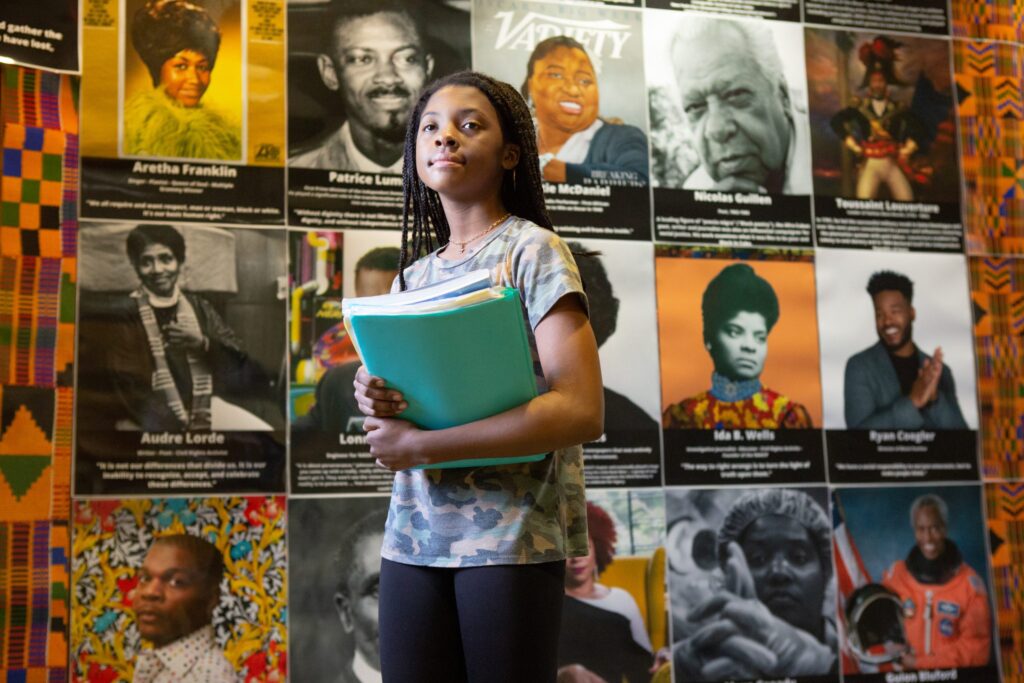Students Are Not Being “Indoctrinated”— They Are Learning to Navigate the World
In a divisive political climate, helping students confront racism and see the world beyond their personal experiences is critical

In such a divisive political climate, the ability to help students confront racism and see the world beyond their personal experiences or perspectives is more critical than ever. Our children are growing up in an increasingly diverse society, and they must learn to navigate that world with empathy, understanding, and a sense of shared humanity. In Massachusetts, the leading public education system in the nation, we constantly work toward serving our diverse student population.
Unfortunately, with the introduction of President Trump’s recent executive order that calls for the elimination of federal funding for “illegal and discriminatory treatment and indoctrination in K-12 schools” and reinstate the 1776 Commission’s “patriotic history” from the first Trump Administration into schools’ curriculum, all of this progress is at stake.
This executive order not only contains false claims about classroom instruction and threats of so-called indoctrination but undermines the very heart of education. A teacher’s job is not just to impart facts but to help students think critically, understand different perspectives, and build the skills they need to thrive in a global, multicultural world. The order claims to be protecting parental rights by limiting topics for classroom discussion; but in reality, it pits parents and educators against each other — and against the dedicated teachers who are tasked with imparting this knowledge. Keeping students in the dark about certain topics and people will only harm their success. Instead of fueling division, we should be fostering collaboration and trust between parents and teachers in their shared roles in students’ lives — because we both want what’s best for children.
Educators complete years of schooling to become experts in how to tailor lessons that are age-appropriate, meaningful, and responsive to students’ unique needs. Adapting lessons to be culturally relevant for students is not a luxury; it is vital to increase trust and connection between teachers and students, resulting in better academic outcomes.
In recent years, Massachusetts has placed an emphasis on increasing teacher diversity to mirror the student population. Educators from diverse backgrounds bring a wealth of knowledge to the classroom and a unique perspective on serving students in diverse communities. This helps all students, including white students, break down negative stereotypes and understand and confront racism, makes them more culturally aware, decreases implicit bias, and prepares them to live in a multicultural society. Contrary to what the executive order states, these positive impacts mold empathetic, tolerant, and well-rounded individuals.
The “threats” outlined in the executive order are actually the very things that make education so wonderful. Learning honest American history allows students to learn from our past mistakes; and embracing the stories and traditions of other cultures creates a rich community that’s based on respect, understanding, empathy, and acceptance.
The coming years will undoubtedly present constant obstacles for education nationwide. As educators, we must not back down and remain committed to teaching material that is diverse, inclusive, and informative so we can help our students build a better future.
Lisa Lazare is the executive director of Educators for Excellence MA